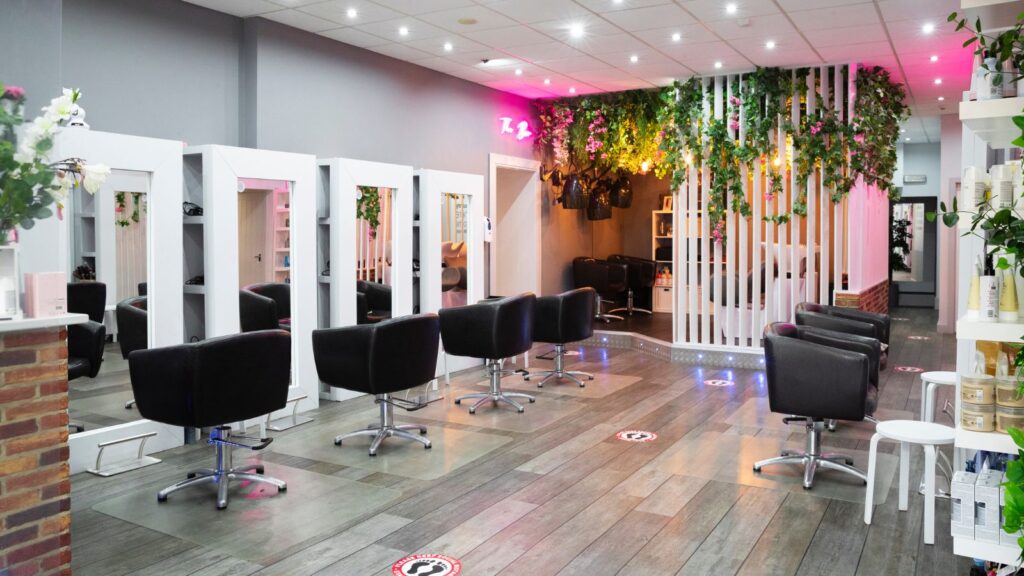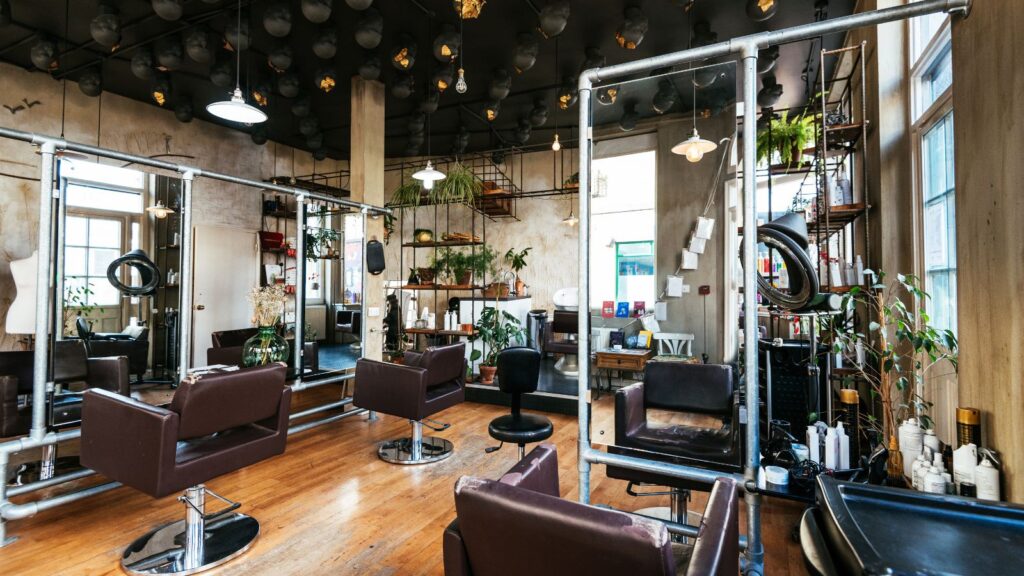A salon’s reputation depends on more than great styles or treatments. It reflects how professional standards shape every client’s experience, from the way staff greet guests to the cleanliness of the space. By setting clear standards and following them consistently, a salon builds trust that keeps clients returning and recommending the business to others.
Professional standards also create consistency, which matters as much as skill. Clients expect the same level of care each visit, and they notice when service feels rushed or uneven. A salon that commits to professionalism in communication, service quality, and appearance sets itself apart in a crowded market.
Strong standards not only strengthen client relationships but also protect a salon during challenges like negative reviews or complaints. A reputation built on professionalism gives credibility, which helps turn small setbacks into opportunities to show accountability and care. This foundation prepares the way for strategies that grow loyalty and long-term success.
Establishing Professional Standards to Build Trust
Strong professional standards give clients confidence in the salon’s work. Clear service quality, transparent policies, and open communication create a consistent experience that builds trust over time.
Delivering Consistent Service Quality
Clients expect the same level of care at every visit. A salon that maintains consistent results shows that it values professionalism and respects client expectations. Staff training, regular skill updates, and clear service protocols help keep quality steady.
Consistency also depends on proper scheduling. Overbooked appointments often lead to rushed services, which lowers client satisfaction. A salon appointment manager app can help balance bookings, reduce wait times, and give staff the time they need to deliver high standards.
Clean tools, sanitized stations, and attention to detail also strengthen trust. Clients notice small details, and consistency in these areas reinforces the salon’s reputation for professionalism.
Setting Clear Expectations and Policies
Clients feel more comfortable when they understand salon policies. Clear guidelines for cancellations, late arrivals, and refunds prevent confusion and reduce disputes. Posting these rules on the website, appointment confirmations, or in the salon itself helps everyone stay informed.
Staff should also communicate service limits upfront. For example, if a certain treatment may not achieve the exact look a client wants, it should be explained before the appointment begins. This avoids disappointment and shows honesty.
Written policies protect both the salon and the client. They create fairness, remove guesswork, and establish a professional tone that clients respect.
Maintaining Transparency in Pricing and Communication
Clear pricing builds confidence and prevents misunderstandings. Clients should know the cost of services before they sit in the chair. Displaying prices on the salon’s website, menu, and booking confirmations helps avoid surprises.
Transparency also applies to extra charges. If a service requires additional products or time, staff should explain this before moving forward. Clients value honesty and are more likely to return when they feel informed.
Direct and respectful communication supports this trust. Listening to client concerns, offering straightforward advice, and following up after appointments all show professionalism. This open approach makes clients feel valued and respected.
Reputation Management and Client Loyalty Strategies
Strong reputation management depends on consistent service quality, clear communication, and active engagement with clients. Salons that maintain professional standards, respond to feedback, and build trust through loyalty programs create a steady flow of repeat customers and positive referrals.
Improving Customer Service Experiences
Customer service sets the tone for how clients view a salon. A warm greeting, clear consultation, and attentive care during appointments create a positive impression. Staff should listen carefully to client needs, explain services in simple terms, and check satisfaction before the visit ends.
Consistency matters. Standard procedures help deliver the same level of quality across all stylists and services. Training sessions and team meetings support this by reinforcing professional habits and correcting weak areas.
Personal touches also build loyalty. Remembering preferences, offering small comforts like refreshments, and acknowledging special occasions make clients feel valued. These details often influence whether a client returns or recommends the salon to others.
Leveraging Online Reviews and Client Feedback
Online reviews shape how potential customers view a salon. Research shows that most people read reviews before booking an appointment. A steady flow of positive comments builds trust, while unanswered negative reviews can harm reputation.
Salons should ask satisfied clients to share feedback on platforms such as Google or social media. Timing matters—requesting a review right after a successful visit often leads to higher response rates. Staff can also mention reviews during checkout in a natural way.
Feedback should never be ignored. Thanking clients for positive reviews shows appreciation, while addressing concerns in a calm and professional manner demonstrates accountability. A quick response, paired with an invitation to resolve issues privately, often turns a negative situation into an opportunity to rebuild trust.

Implementing Reputation Management Techniques
Reputation management requires both proactive and reactive steps. Proactive measures include monitoring online mentions, posting consistent social media content, and highlighting staff expertise through certifications or skill updates. These actions show professionalism and help position the salon as a trusted choice.
Reactive steps involve handling complaints with transparency and respect. A structured response process—acknowledge, apologize, resolve, and follow up—prevents small issues from escalating. Documenting feedback also helps identify patterns that may require operational changes.
Client loyalty programs support reputation by rewarding repeat visits and referrals. Discounts, points systems, or VIP perks encourage clients to stay connected. As a result, the salon not only protects its reputation but also builds long-term relationships that help it thrive.
Conclusion
Professional standards shape how clients view a salon and influence whether they return or recommend the service to others. Clear communication, consistent service, and respectful behavior create a dependable image that supports long-term growth.
Strong workplace habits also guide staff toward higher performance and better teamwork. As a result, both employees and clients experience a more positive environment.
By maintaining professionalism in service, appearance, and client care, salons build trust and credibility. This steady approach helps them stand out in a crowded market and supports lasting success.



